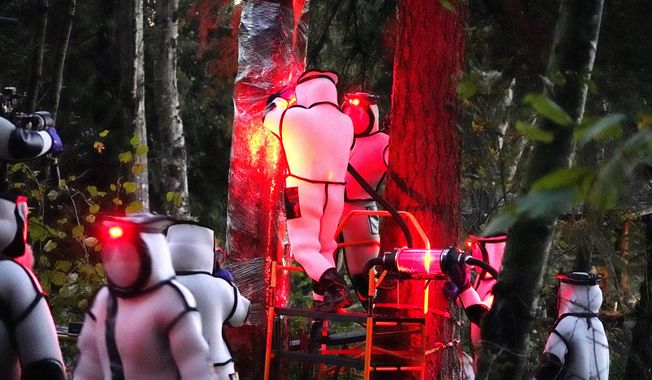
FILE - In this Friday, Dec. 16, 2016 file photo, Michelle Flandez stands in her home with her two-month-old son Inti Perez, who is diagnosed with microcephaly linked to the mosquito-borne Zika virus, in Bayamon, Puerto Rico. In the first long-term look at what happened to children of U.S. mothers who were infected with Zika during pregnancy, one in seven developed some kind of health problem _ranging from birth defects to conditions that became apparent only later. Health officials released the findings Tuesday, Aug. 7, 2018. (AP Photo/Carlos Giusti)
Featured Photo Galleries














